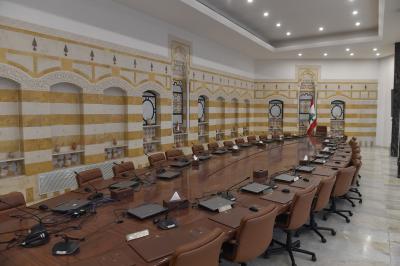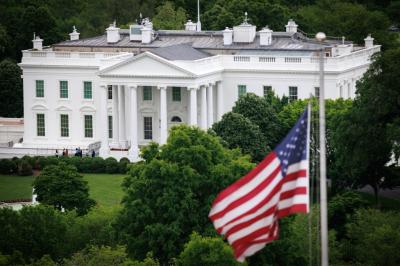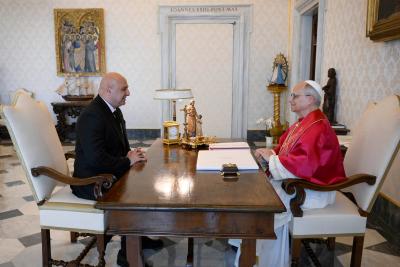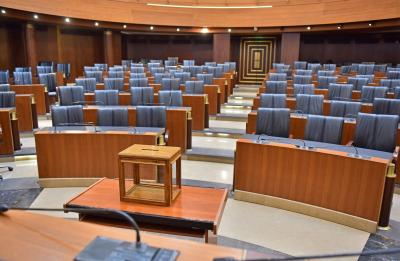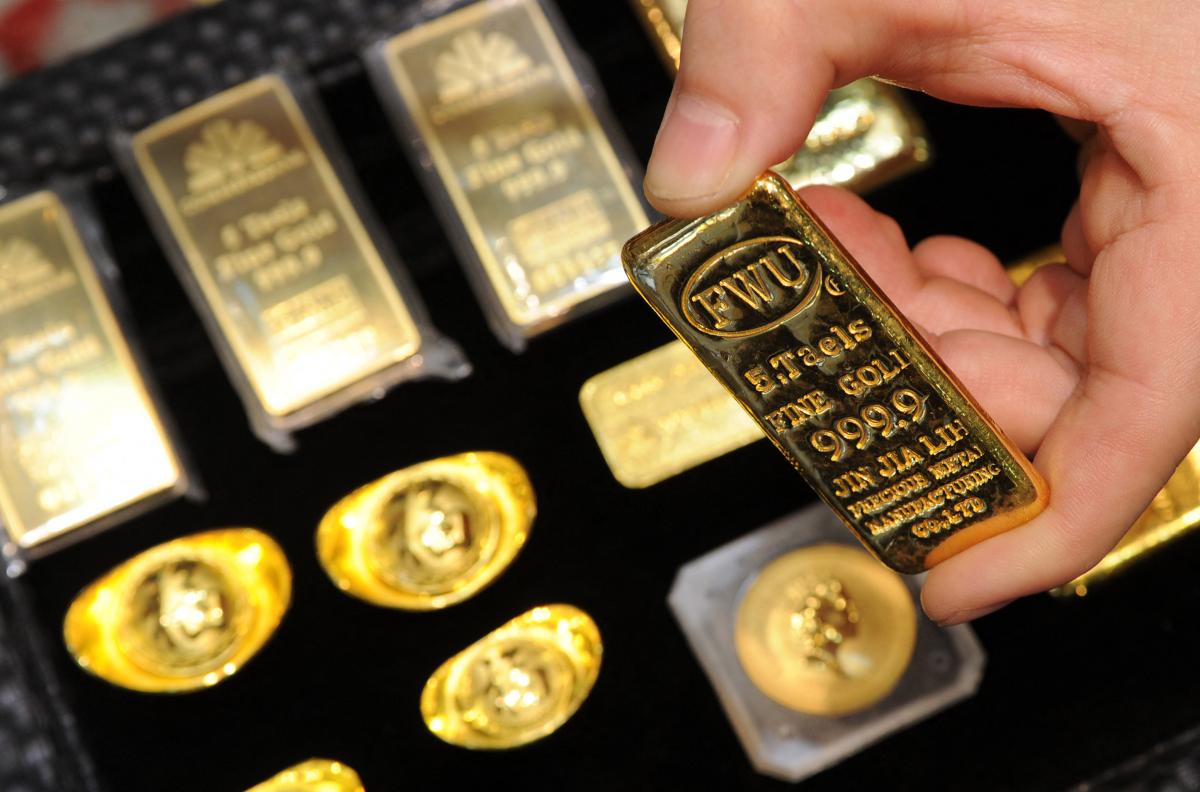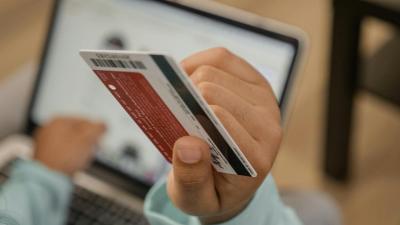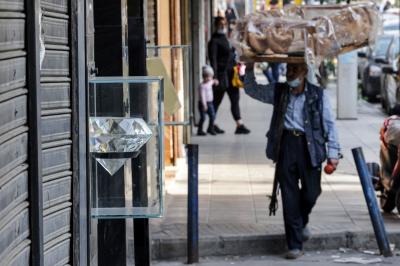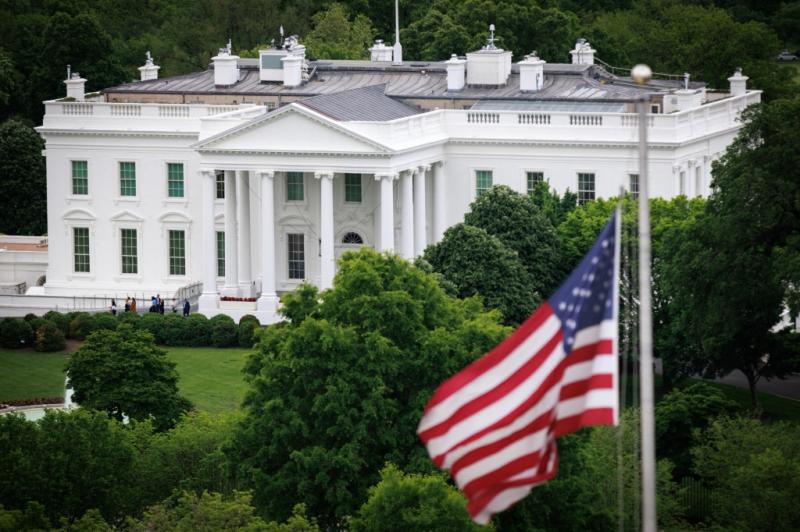The fast and dramatic fluctuations in gold prices have unveiled two striking patterns in the Lebanese consumer behavior: the first is an impulsive thirst for investment opportunities, and the second is the inability to reach common ground on major national issues. While this behavior can be harmful to both household and public economies, it also opens a serious debate about the urgency of implementing reforms to channel savings into productive sectors rather than freezing them in speculative assets.
In recent weeks, many Lebanese have rushed to dig out the dollars they had been “storing under the mattress” to buy gold. The surprise, however, was not that physical gold—whether in coins, ounces, or bars—was unavailable at major dealers, but that long queues formed at gold shops, with individuals carrying astonishing amounts of cash. One woman in her forties, who preferred to remain anonymous, jokingly said: “I went wearing my abaya with $4,000 in hand to buy an ounce of gold (weighing around 31.1035 grams), only to be shocked when others pulled out hundreds of thousands of dollars to buy gold by the kilo.” After a long wait, during which people debated the importance of buying gold and speculated on its future price based on geopolitical and “Trump-era” analyses, her ounce was reserved for delivery in 80 days—with an additional $100 commission.
What Lebanese Reactions Reveal About Economic Behavior
This curious story is as strange as it may seem and carries multiple economic implications.
First, Lebanese citizens still hold enormous amounts of foreign currency. According to Abdul Hafiz Mansour, Secretary-General of the Special Investigation Commission—Lebanon’s financial intelligence unit—Lebanese households collectively hold between $5 and $6 billion in cash, as he stated during an Arab Banks Union conference in the summer of 2024. The problem is not merely that this money lies outside the banking sector, but that it has lost a significant portion of its value due to inflation and the weakening of the U.S. dollar against other currencies. Most of these funds date back to late 2019 and mid-2020, when depositors withdrew what they could from their dollar accounts before the authorities decided to convert them into Lebanese pounds.
Second, these savings have found no real domestic investment opportunities since the collapse of the banking sector. This stems largely from the weakness of Lebanon’s financial markets and the ongoing attempts to dismantle or even abolish the Capital Markets Authority. Had there been serious intent and incentives to turn these savings into corporate shares, they could have generated returns for investors, strengthened production and service companies in dire need of funding, created jobs, and reactivated the economy.
Third, the Lebanese have not developed a culture of investing their money in financial products or global markets. For years, the unrealistically high interest rates once offered by banks fostered complacency, discouraging them from seeking alternative opportunities.
Fourth, there is a lack of skill in seizing opportunities early. Whether in gold, silver, cryptocurrencies, or other assets, many wait too long before taking action. Prices then rise sharply, as do commissions, reducing the potential for profit and increasing the likelihood of losses.
Fifth, there is a widespread obsession with quick profits, which investing in precious metals—especially gold—rarely provides. The yellow metal is a “value safe” for the medium and long term, not a tool for instant wealth. Short-term price swings often hurt novice speculators rather than benefit them.
Sixth, Lebanese society remains distracted by sterile debates over the fate of the gold reserves held by the Central Bank—valued at around $37 billion—and whether it should be preserved or sold. What could have been a healthy national dialogue has instead turned into a divisive political controversy.
Seventh, there is a tendency toward unproductive or even harmful curiosity. In financial markets, many people closely follow predictions about gold prices regardless of whether they can actually afford to invest. This behavior creates unnecessary market pressure and shifts public discussion away from sound investment analysis and asset valuation principles, leading to the spread of populist and uninformed financial opinions.
Eighth, the growing demand for imported gold, purchased as ounces and bars for safekeeping, exacerbates Lebanon’s trade deficit. This outflow of foreign currency weakens the country’s ability to stabilize the exchange rate of the Lebanese pound.
A Call for Financial Reform
These behavioral indicators collectively underscore the urgent need for financial and banking reforms that would channel dormant savings back into the economy—either through banks, which could lend to productive sectors, or through direct investment in corporate shares. Such reforms would generate benefits for everyone, rather than allowing these assets to remain frozen and economically unproductive.
Investing in financial reform is no longer an option, but an economic necessity—to protect the savings of Lebanese citizens and to revive the national economy.
Please post your comments on:
[email protected]
 Politics
Politics

